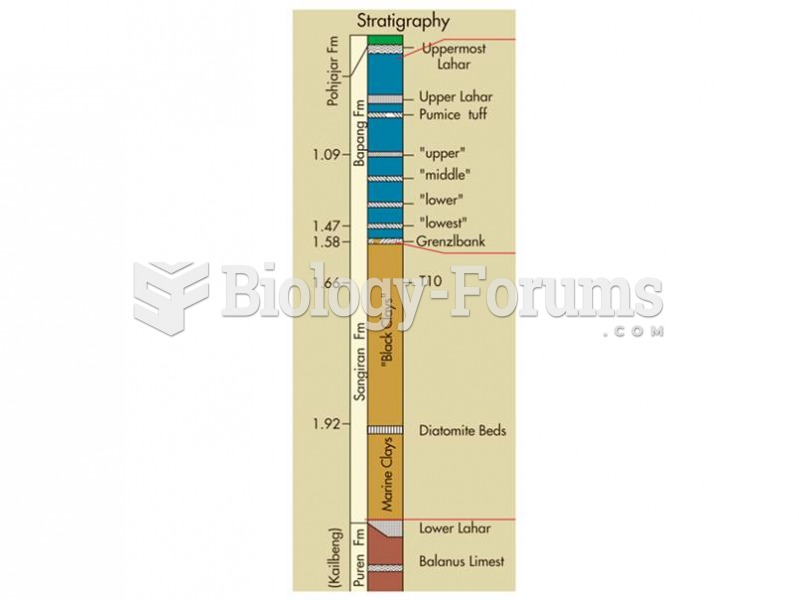|
|
|
Dogs have been used in studies to detect various cancers in human subjects. They have been trained to sniff breath samples from humans that were collected by having them breathe into special tubes. These people included 55 lung cancer patients, 31 breast cancer patients, and 83 cancer-free patients. The dogs detected 54 of the 55 lung cancer patients as having cancer, detected 28 of the 31 breast cancer patients, and gave only three false-positive results (detecting cancer in people who didn't have it).
More than 4.4billion prescriptions were dispensed within the United States in 2016.
The most common treatment options for addiction include psychotherapy, support groups, and individual counseling.
Fungal nail infections account for up to 30% of all skin infections. They affect 5% of the general population—mostly people over the age of 70.
Green tea is able to stop the scent of garlic or onion from causing bad breath.






![Klur & Diana Miro - Pull Me Through [Official Lyric Video]](https://biology-forums.com/gallery/49/medium_6_03_06_24_11_37_17.jpg)
